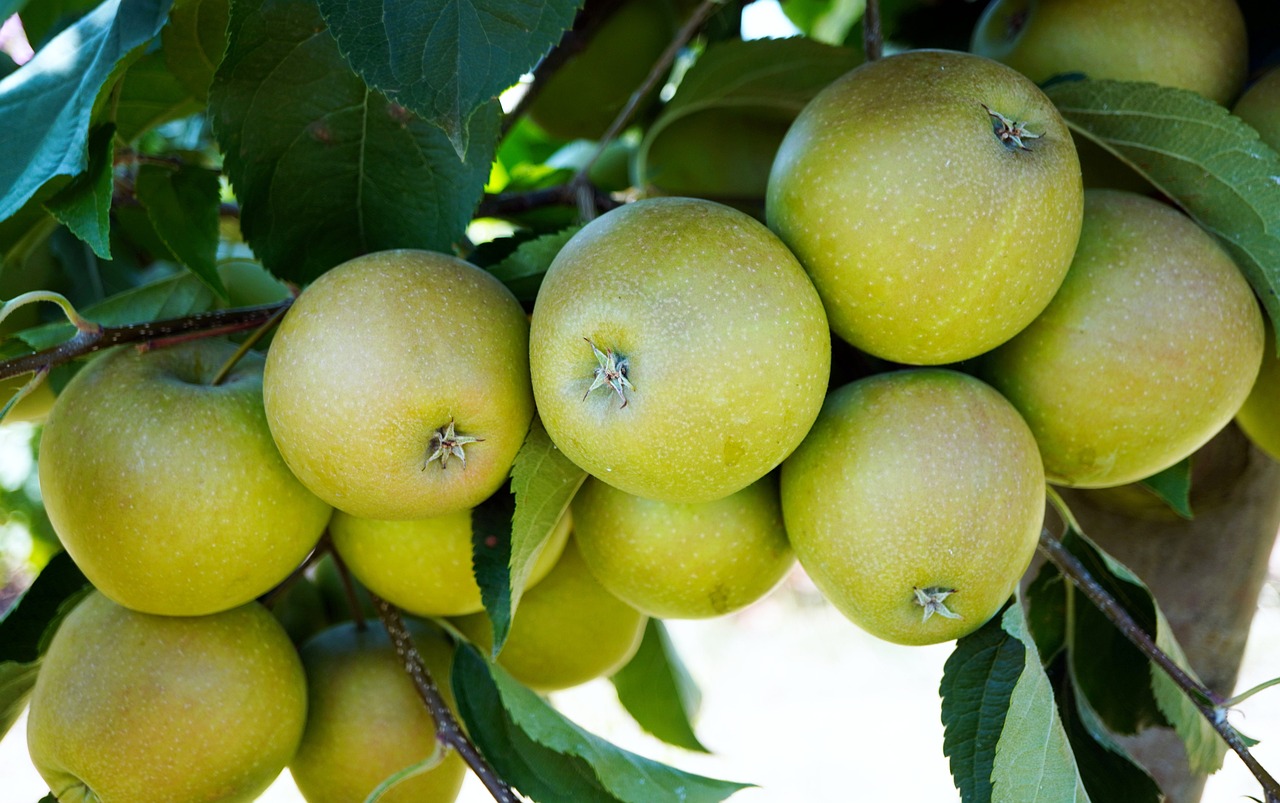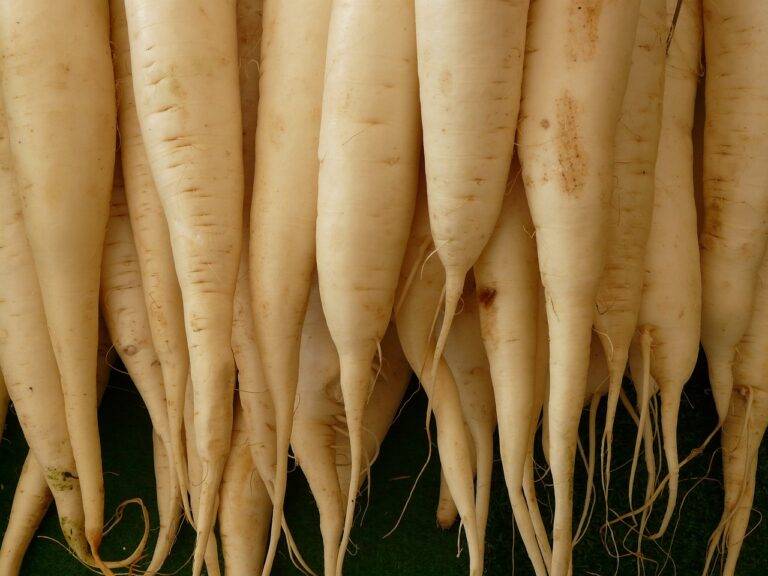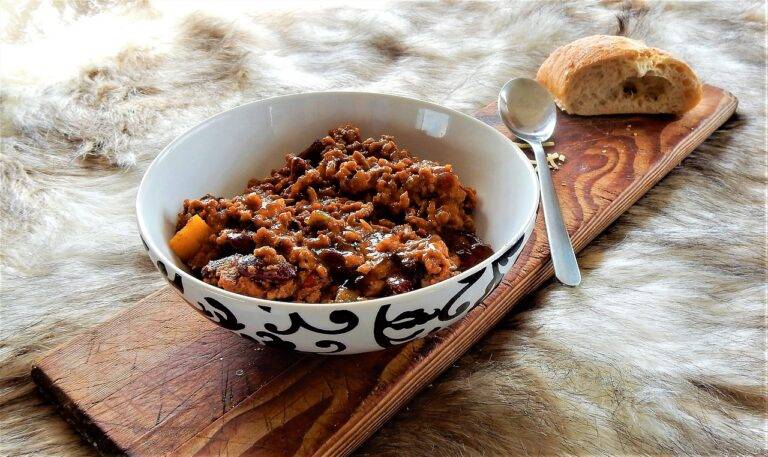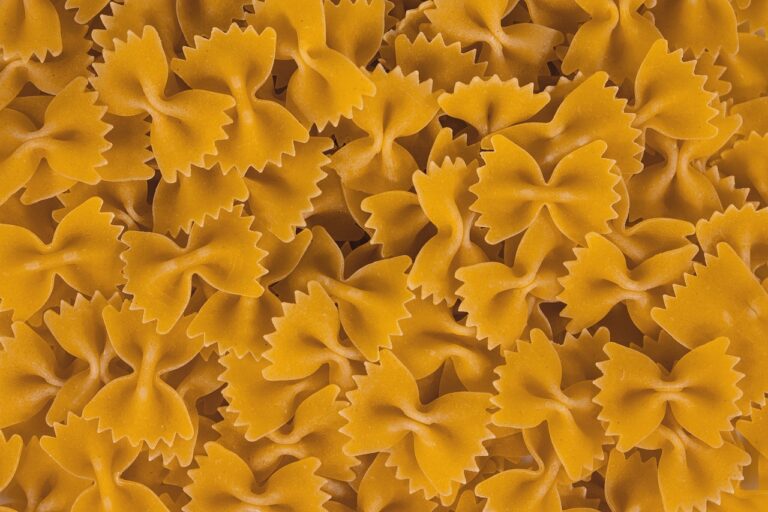The Cultural Significance of Food in Religious Ceremonies and Festivals
Food plays a central role in many religious ceremonies and festivals around the world. The act of sharing a meal can bring people together, create a sense of community, and provide a way to connect with something greater than ourselves. From the Catholic Eucharist to the Hindu offering of prasad, food is often used as a symbol of faith, unity, and tradition. In this article, we will explore the cultural significance of food in various religious practices and how it helps to strengthen the bonds between individuals and their beliefs.
Christianity
In Christianity, the Eucharist is a central sacrament that involves the ritual consumption of bread and wine. This act symbolizes the body and blood of Jesus Christ and serves as a way for believers to remember his sacrifice. The shared meal of the Eucharist brings together members of the Christian community and reinforces their connection to their faith.
Hinduism
In Hinduism, food plays a crucial role in religious ceremonies and festivals. The offering of prasad, or sacred food, to deities and worshippers is a common practice in Hindu temples. This food is believed to be blessed by the gods and is shared among devotees as a way to receive their blessings. The act of sharing prasad creates a sense of unity and devotion among worshippers.
Judaism
In Judaism, certain foods hold special significance in religious ceremonies and festivals. For example, the Passover Seder meal includes symbolic foods such as matzo, bitter herbs, and charoset, which represent the story of the Israelites’ exodus from Egypt. The act of eating these foods helps to retell and remember the history of the Jewish people.
Islam
In Islam, food plays a central role in the observance of Ramadan, the holy month of fasting. The pre-dawn meal, known as suhoor, and the evening meal, known as iftar, are important rituals that mark the beginning and end of each day of fasting. These meals not only sustain believers through the fast but also serve as opportunities for community and reflection.
Buddhism
In Buddhism, food is often used as an offering to the Buddha and other enlightened beings. This act of offering food symbolizes generosity, compassion, and gratitude. In some Buddhist traditions, monks participate in alms rounds, where they receive offerings of food from laypeople as a way to sustain themselves and build relationships with the community.
Native American Traditions
In Native American cultures, food plays a vital role in spiritual ceremonies and rituals. The act of preparing and sharing traditional foods such as corn, beans, and squash is a way to honor the land, ancestors, and spirits. These foods are often used in ceremonies to express gratitude, seek blessings, and celebrate important events in the community.
Conclusion
Food holds deep cultural significance in religious ceremonies and festivals around the world. The act of sharing a meal can strengthen connections between individuals, communities, and their beliefs. Whether it is the Eucharist in Christianity, prasad in Hinduism, symbolic foods in Judaism, or communal meals in Islam and Buddhism, food serves as a powerful symbol of faith, unity, and tradition. By understanding the role of food in religious practices, we can gain a deeper appreciation for the diversity and richness of spiritual traditions across cultures.
FAQs
Q: Why is food important in religious ceremonies?
A: Food is important in religious ceremonies because it serves as a symbol of faith, unity, and tradition. The act of sharing a meal brings people together and helps to strengthen connections between individuals and their beliefs.
Q: How does food strengthen community bonds in religious practices?
A: Food plays a central role in creating a sense of community and belonging in religious practices. The act of sharing a meal brings people together, fosters relationships, and promotes a sense of unity among believers.
Q: What are some examples of food in religious ceremonies?
A: Some examples of food in religious ceremonies include the Eucharist in Christianity, prasad in Hinduism, symbolic foods in Judaism, and communal meals in Islam and Buddhism. Each of these foods holds special significance in their respective religious traditions.







